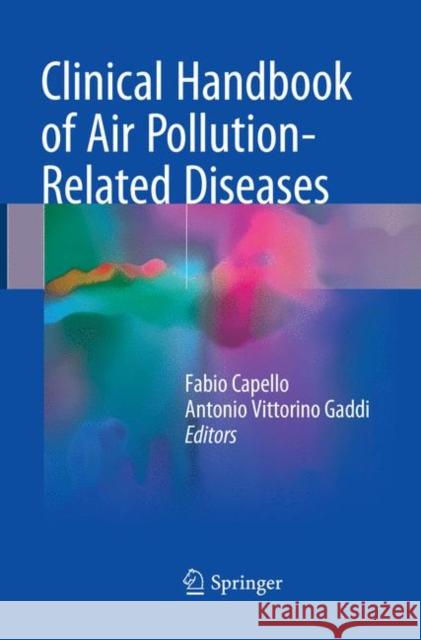Clinical Handbook of Air Pollution-Related Diseases » książka
topmenu
Clinical Handbook of Air Pollution-Related Diseases
ISBN-13: 9783030096809 / Angielski / Miękka / 2019 / 679 str.
Kategorie BISAC:
Wydawca:
Springer
Język:
Angielski
ISBN-13:
9783030096809
Rok wydania:
2019
Wydanie:
Softcover Repri
Ilość stron:
679
Waga:
1.13 kg
Wymiary:
23.62 x 22.1 x 3.05
Oprawa:
Miękka
Wolumenów:
01











